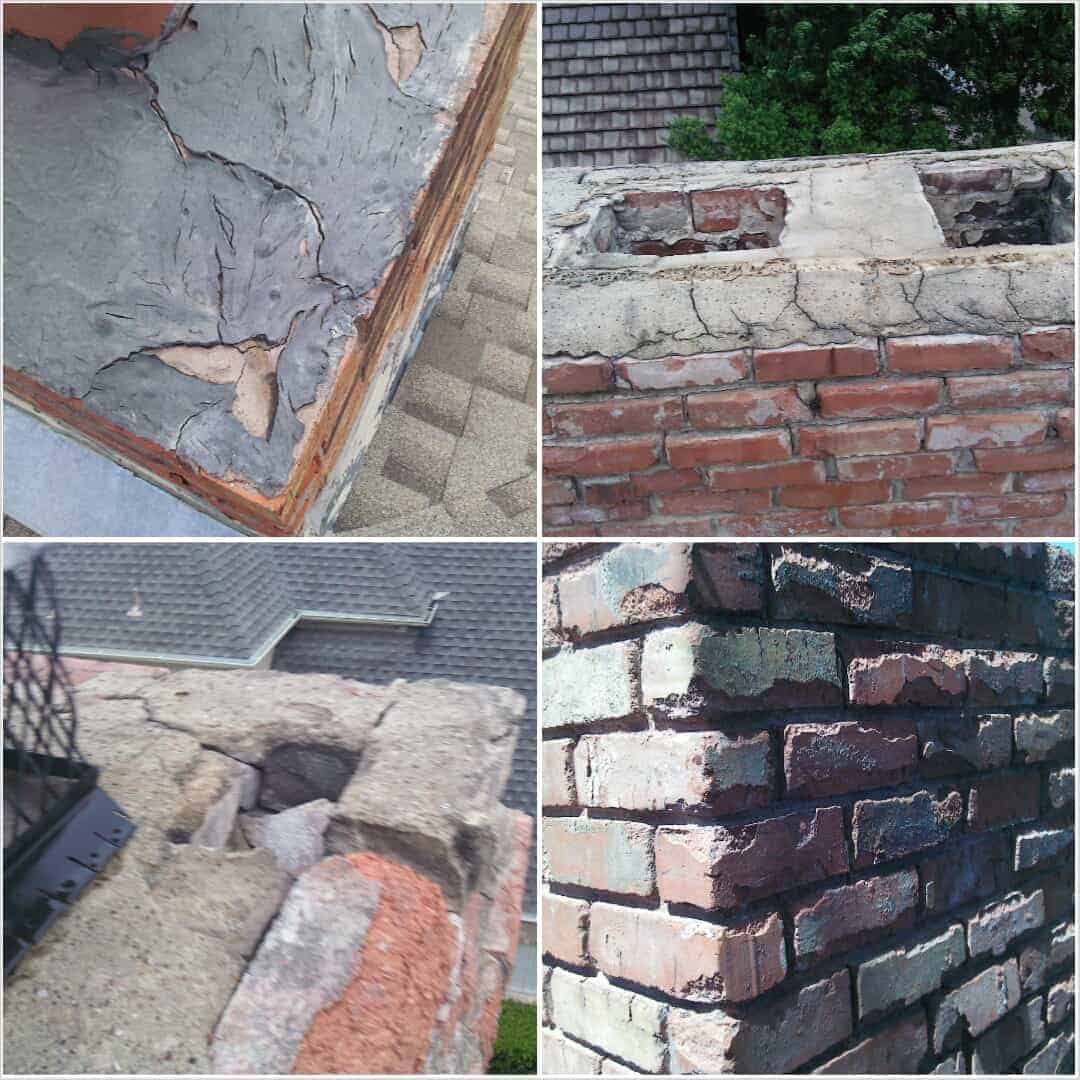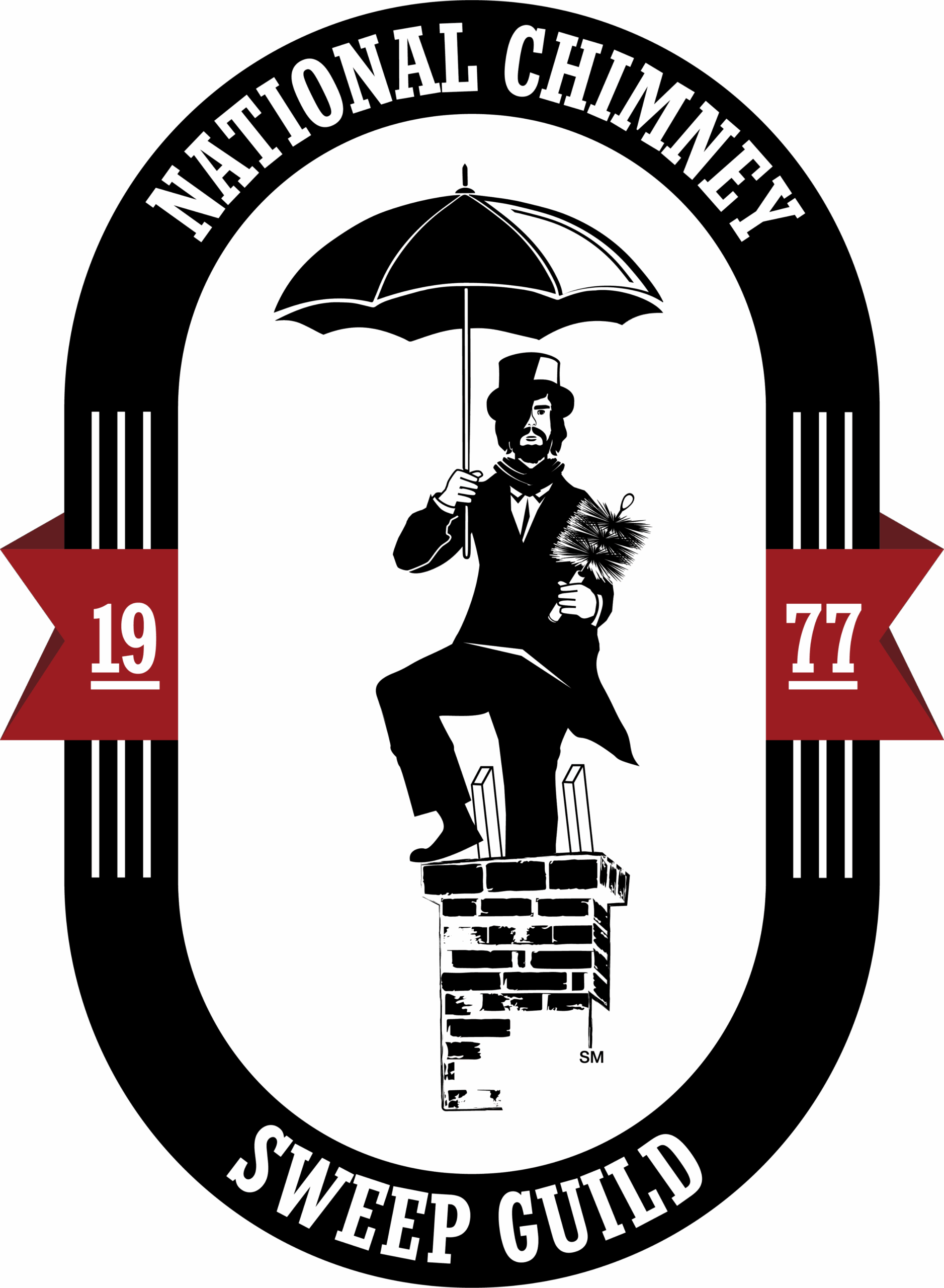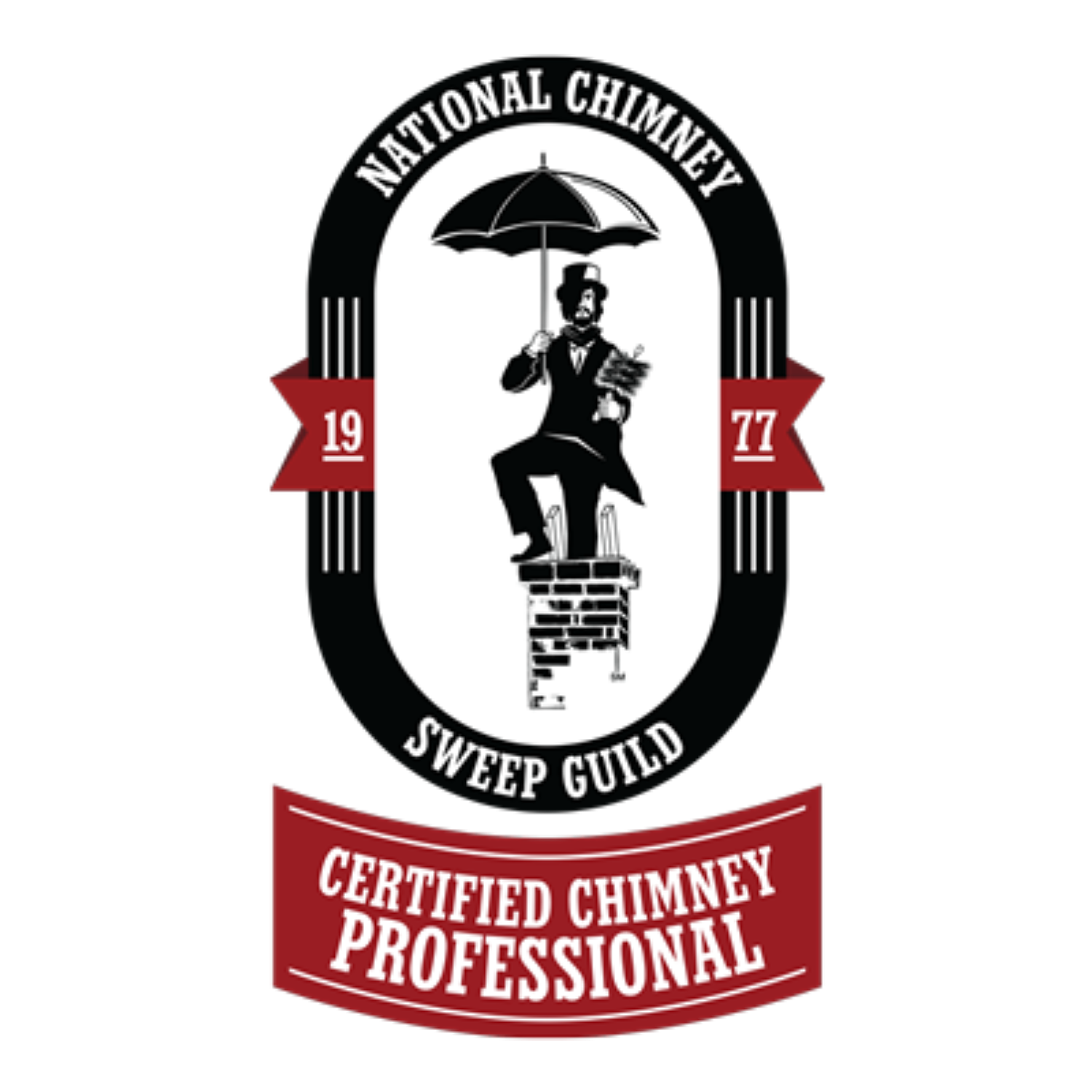Schedule Services with the Chimney Pros
Our family-owned and operated business has been serving the greater Dallas - Fort Worth area for over 25 years.
Call us today or fill out the form and we will call you to get started!
We Fix Chimneys!
Brick Repair in Mesquite, TX 75149
An Overview of Chimney Brick Mortar Repair in Mesquite, TX
When Dallas County homeowners are in need of reliable, efficient, and affordable brick mortar repair services for their chimneys, Masters Services is the first company they call. With more than 18 years of experience and a proven track record of success, our fully licensed and insured, locally owned and operated Mesquite, TX brick repair company specializes in all aspects of masonry repair. Whether the mortar joints in your chimney have just started cracking or they’re crumbling and falling out, if you’re looking for chimney brick mortar repair services, for the best results possible, contact Masters Services.
What You Need to Know About Chimney Brick Mortar Repair in Mesquite, TX
When the weather outside is frightful, gathering around the fireplace is so delightful. A fireplace is a source of reliable warmth, creates a welcoming ambiance, and adds to the charm and aesthetic appeal of your Dallas County home; however, if it isn’t properly maintained, instead of being an asset, a fireplace can become a serious liability.
A chimney is the most important component of a fireplace, as it exhausts the smoke, excess heat, and other byproducts of fire from your home. Needless to say, in order to ensure that it performs these vital functions, it has to be in tip-top condition, and that means it needs to be structurally sound. The mortar plays a vital role in the structural integrity of your chimney; however, at one point or another, it may need to be repaired.
What is mortar? Why is it important? Does mortar sustain damage? What are the signs of mortar damage? Why are professional brick mortar repair services important? For the answers to these questions and to find out when you should contact a Mesquite, TX brick repair specialist, keep on reading.
 What is Mortar?
What is Mortar?
Mortar is a bonding agent that binds masonry materials, such as brick, concrete, and stone together. It’s kind of like glue. Typically, it’s composed of cement, fine sand, limestone, and water, though it may also include other materials, such as polymer additives, and latex. The materials are mixed together, creating a malleable paste, which is applied between masonry materials, and when it dries, it becomes rigid cement. In the case of a brick chimney, mortar secures the blocks together so that the structure can stand and maintain its shape. It fills the gaps between the bricks, too.
Why is Mortar Important?
Mortar is a vital component of a brick chimney, as it binds the bricks together; without mortar, a chimney wouldn’t be able to stand. Since the material is so rigid and because it fills the gaps between the brick blocks, mortar adds a degree of fireproofing and waterproofing to the chimney. If the spaces between the bricks were left open, the excessive heat and byproducts of combustion would pour through the chimney, and moisture from the elements would pour into the structure. In other words, mortar is an essential part of a brick chimney, as it maintains its structural integrity and secures the safety of your Dallas County home.
Does Mortar Sustain Damage?
While mortar is very durable, it isn’t infallible. While the rigidity is important, as it allows a chimney to maintain its form, there is a downside to its inflexibility, as it doesn’t absorb the movement of your Dallas County house. And while it may not absorb movement, it isn’t impermeable, meaning that it does absorb moisture. Plus, it’s exposed to the high temperatures and the caustic exhaust that fire produces. All of these factors combined mean that chimney mortar is vulnerable to deterioration. Ground settling can crack the material. It can absorb moisture from humidity and rainwater, which can crack and crumble mortar. High winds, along with fire’s intense heat and corrosive exhaust, can weaken and erode the material.
In other words, over time, mortar joints do sustain damage. At first, the damage may be minimal, but as time goes on, it can worsen. If the damage is severe enough, you can be looking at serious problems. Leaks can develop in the chimney, the byproducts of combustion can escape through the cracks and make contact with the building materials that your Dallas County home is constructed of, increasing the risk of a fire. The bricks can loosen, shift, and completely fall out, and eventually, the entire structure could collapse.
What Are the Signs of Mortar Damage?
Because it plays such a crucial role in the structural integrity of your brick fireplace, and since it adds a degree of fire- and waterproofing, mortar needs to be in tip-top condition. As such, it’s important to pay attention to the condition of the mortar that holds your Dallas County chimney together. Here’s a look at some of the signs of mortar damage that you should be on the lookout for:
- Cracks. Cracks of any size are a concern, as water can seep through them and into your chimney and fireplace, causing further, more severe, and costly damage.
- Flaking. If the mortar appears to be flaking and falling off, that’s a sign of spalling, which means the material is weakening.
- Color changes. If the mortar appears to be a different color than it used to be, that’s another cause for concern, as it indicates that the material is weathered and is starting to deteriorate.
- Rust. When the mortar is cracked, moisture can seep through the masonry work, and since both are made of metal, when they’re exposed to moisture, they can rust. If you see spots of rust inside the firebox or if the damper is hard to open or close, the mortar in your brick fireplace may be failing.
- Damaged drywall. If the walls surrounding your chimney are peeling, curling, warped, molded, or are showing any other sign of water damage, it could be the result of mortar damage. If the brick mortar in your chimney is cracked, crumbling, or missing, moisture could be making its way into the chimney and traveling into the drywall.
Why is Brick Mortar Repair Important?
If you notice any of the above-mentioned issues with your Dallas County chimney or fireplace – or you’re experiencing any other problem that you suspect is related to the mortar – you’re definitely going to want to call in a Mesquite, TX brick repair contractor that specializes in mortar restoration.
Brick mortar repair – referred to as either tuckpointing or repointing – is a restorative process that involves removing the old, damaged mortar in a chimney and replacing it with new mortar. It not only strengthens and restores the structural integrity of the chimney, but it also helps to prevent further or future water damage. It enhances the aesthetic appeal of this beloved feature of your Dallas County home, too. Brick mortar repair services can also minimize the risk of chimney fires. In other words, brick mortar repair services help to prevent more extensive and costly damage and improve the safety of your Dallas County home.
To ensure the highest quality results, you’re going to want to hire a professional Mesquite, TX brick repair specialist. Repointing is a complex job that requires a great deal of knowledge and hands-on experience. A licensed, trained, and experienced professional will perform a thorough assessment of your chimney, will develop the most effective strategy, and will use the most advanced equipment and state-of-the-art materials to deliver the safest, most effective, and longest-lasting results. When done by a credible expert, professional brick mortar repair can last about 30 years.
For All of Dallas County Brick Mortar Repair Needs, Contact Masters Services!
A fireplace is one of the biggest assets of your Dallas County home. Make sure it stays that way with brick mortar repair services from Masters Services. As a premier Mesquite, TX brick repair specialist, we’re experts in chimney repointing. Our team of fully licensed and insured experts bring more than 18 years of experience and a proven track record of success to the table, and are committed to delivering nothing less than exceptional results. For more information or to schedule a free consultation, browse through our website and submit a contact form, or give us a call directly at 972-877-4650. At Masters Services, we’re looking forward to restoring the safety, function, and beauty of your chimney.
Some information about Mesquite, TX
Mesquite is a suburban city located east of the city of Dallas, Texas, in the United States. Most of the city is located in Dallas County, though a small portion extends into Kaufman County. As of 2019 census estimates, the population was 140,937, making it the 22nd-most populous city in the U.S. state of Texas. Mesquite is positioned at the crossroads of four major highways, making locations such as downtown Dallas, Lake Ray Hubbard, Dallas Love Field, and DFW International Airport accessible.
Centuries before American settlers moved into the area, Mesquite was an open prairie land and a key trading ground for indigenous peoples. The Ionies were a western tribe located close to present-day Fort Worth. The Tawakonies were in present-day Dallas. Finally, the Caddo were the native farmers of the Mesquite land. From 1680 to 1790, after harvest was over, these three tribes held an annual tournament and trading fair.
The city of Mesquite was founded on March 14, 1878, on land along the Texas & Pacific Railway, which ran from Dallas to Shreveport, Louisiana. The locals then named the town after Mesquite Creek. The city was officially incorporated on December 3, 1887, after electing Mayor J.E. Russell.
In the city’s earliest years, it was known for many outlaws residing in the area. A prominent outlaw was Sam Bass, historically known for his train robberies in Texas. In 1878, he robbed a train in downtown Mesquite, escaping with $30,000. The Mesquiter, established in 1882 by R.S. Kimbrough, was Dallas County’s longest-running newspaper.
Useful links for Mesquite, TX
Directions from Mesquite, TX to Masters Services
Here are some masonry-related links:










